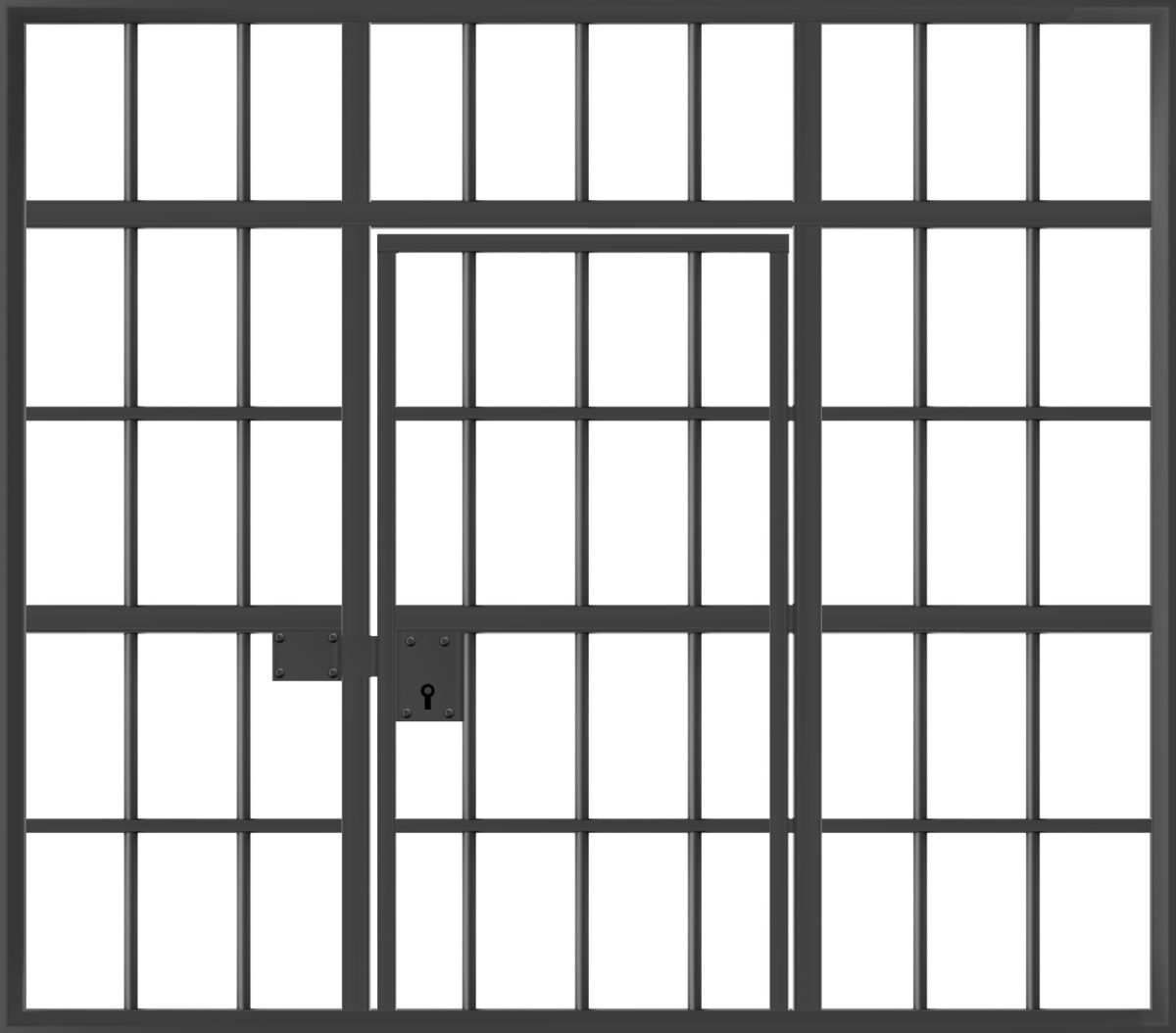Language is in every human culture in the world, whether spoken, written, drawn or signed; language affects us all. But when does language become something that must be monitored?
Encarta World English Dictionary defines the word “profanity” as “profane language or behavior that shows disrespect for God, any deity or religion.”
The issue of foul language is often dismissed as common knowledge. But when, if ever, is it appropriate to use profanity?
Last year, on June 11, residents in Middleborough, Mass. passed a town law that dictated a $20 fine for public swearing. According to nydailynews.com, “Matthew Segal, legal director for the American Civil Liberties Union of Massachusetts, said the U.S. Supreme Court has ruled that the government cannot prohibit public speech just because it contains profanity.”
State law does allow towns to enforce local laws, but the decision to ban obscene language could kindle discussion on the First Amendment, which states that “Congress shall make no law…abridging the freedom of speech,” which profanity happens to fall under.
Although Congress is constitutionally bound to allow freedom of speech, the Federal Communications Commission (FCC) governs broadcasts that air obscene, indecent or profane programming. Popular media and television often influence what Americans see as acceptable behavior. Therefore, spoken profanity is regulated in some areas of the country and in broadcasting in that the obscenity “must lack serious literary, artistic, political or scientific value” and “must depict or describe, in a patently offensive way, sexual conduct specifically defined by applicable law,” according to the FCC website.
If you include the dictionary definition of profanity and the FCC definition, then a lot of material falls into the category of obscene language. The only widely acceptable place to use profanity is in the privacy of your own home, or whilst among others who share the same values as you.
Amanda Dansby
Web Assistant











